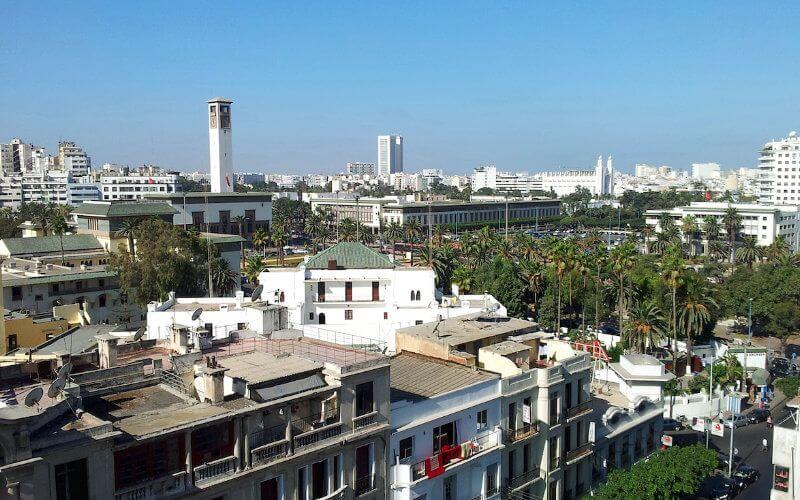Morocco’s Stalled Emergence: Analyzing Barriers to Economic Growth

Why doesn’t Morocco put itself on a sustainable path to emergence when it has all the conditions to succeed? This is the question answered by the French Development Agency by closely examining the factors preventing the Kingdom from reaching the rank of an emerging economy.
The French Development Agency (AFD), one of the largest donors to the Kingdom, is not the only one looking into the issue. Members of the Special Commission on the Development Model are also reflecting on it. According to many hypotheses, Morocco recorded an average annual growth of 4.2% between 1960 and 2002, while its population increased by 2.2%. And from the mid-2000s, the growth rate began to approach 5% per capita. This suggested better news, such as reaching the 6% threshold, cited as specific to emerging countries.
Alas, the Kingdom has deviated from the path of emergence. The AFD economists noted that it is the development model followed so far that would be at the origin of the slowdown in growth. According to the national economists mentioned in the AFD report, it is difficult to increase the public investment rate or maintain a credit growth rate as high as in the second half of the 2000s, reports L’économiste.
It is therefore the development model that should be called into question. It is accepted that some promising developments suggest that the economy is in a transitional phase, with the rise of higher value-added exports and the qualitative change in the employment structure integrating more graduates. However, the stagnation of the model is a widely shared diagnosis. It is characterized by an insufficient economic growth rate, a rise in the standard of living in the image of emerging countries, a low elasticity of growth on employment as well as the decline in the efficiency and quality of investment returns.
To break out of this vicious circle, several proposals have been made by various institutions and recalled by the AFD in the report. These proposals place a point of honor on "the quality of human capital, the continuation of governance reforms and the improvement of the business climate." They also emphasize the relaxation of the labor market, the targeting of investment policies on technological infrastructures, the structural transformation of the economy through support for key sectors, the same source specifies.
Related Articles
-

Air Corsica Launches Mediterranean Winter Escapes: Direct Flights to Morocco from €339
4 September 2025
-

French Renewable Energy Investment in Moroccan Sahara Sparks Polisario Backlash
3 September 2025
-

Chinese Steel Giant Clinches Morocco’s High-Speed Rail Contract, Boosting World Cup 2030 Infrastructure
3 September 2025
-

Mediterranean Shipping War: French Lawmakers Blast Italian Giant’s ’Predatory Dumping’
2 September 2025
-

Solo Traveler’s Moroccan Dream: Tamraght’s Hidden Coastal Charm Captivates Digital Nomads
2 September 2025